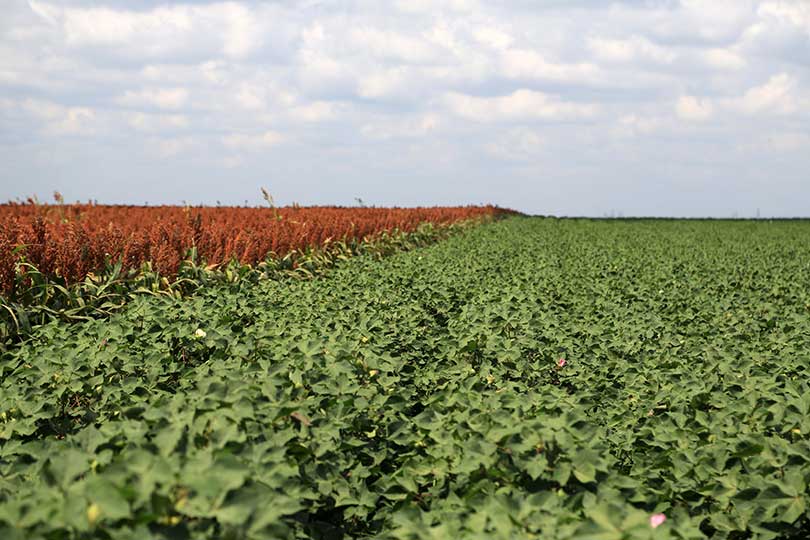Crop and livestock budget spreadsheets for 2017 are now available to farmers and ranchers, according to Texas A&M AgriLife Extension Service economists.
The budget spreadsheets help farmers and ranchers evaluate and project revenue and expenditures throughout the crop season.
More than 200 enterprise budgets for major crops and alternative production systems are available for the 12 AgriLife Extension districts across the state. There are also 40 livestock budgets.
“Our newest version of the spreadsheets now has an added feature to make multiple spreadsheet copies of any budget,” said Jerry Cornforth, AgriLife Extension economist, College Station. “This would allow a cotton farmer to make separate cotton budgets for the new cotton varieties with their unique chemistries. Or a rancher could have a separate budget for a commercial cow herd and a registered one.”
The crop and livestock budgets vary across the state by AgriLife Extension district, Cornforth said.
Crop budgets include canola, corn, grapefruit, hay, forage (coastal, small grain, sudangrass), malting barley, oats, melons, oranges, peaches, peanuts, pecans, rice, sesame, silage, sorghum, soybeans, sugarcane, sunflowers, vegetables and wheat.
Livestock spreadsheets are also available for cow-calf, sheep and goat and summer or winter stocker-calf operations, according to AgriLife Today.
Cornforth said the spreadsheets serve as a good risk management tool, allowing farmers and ranchers to evaluate potential changes to their operations based on a number of factors affecting profit or loss.
“Producers can makes changes to revenue or cost estimates and quickly see the impact the potential profit or loss might have on an operation,” he said. “These spreadsheets give a producer the ability to evaluate many ‘what if’ scenarios quickly, hopefully allowing them to achieve better returns and reduce the overall risk to the operation. They can be used throughout the growing season to keep tabs on production costs with profit/loss estimates being recalculated as costs change.”
The spreadsheets are available at http://bit.ly/2mugoLH.

